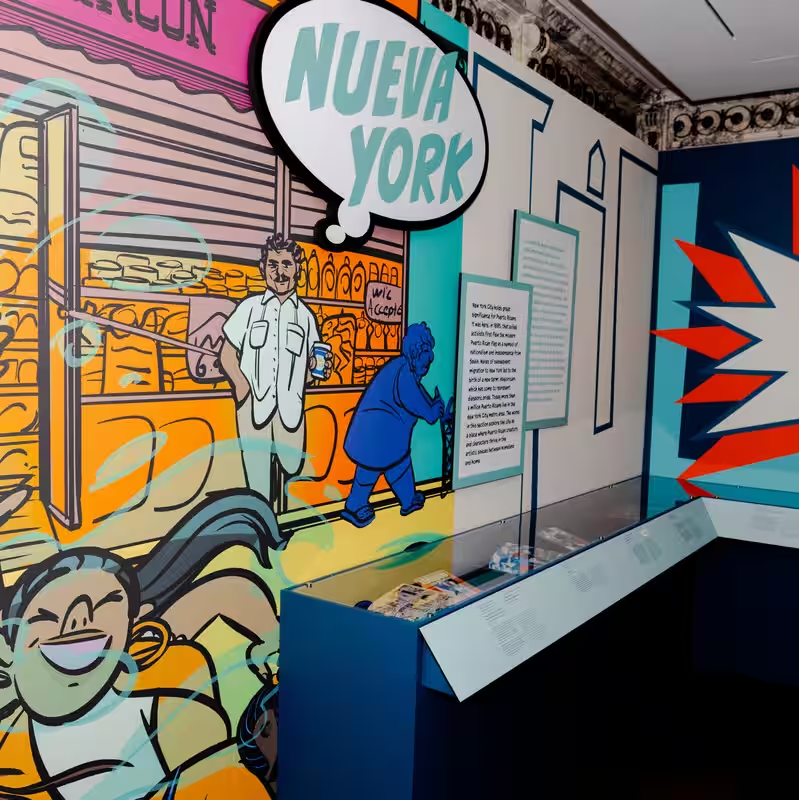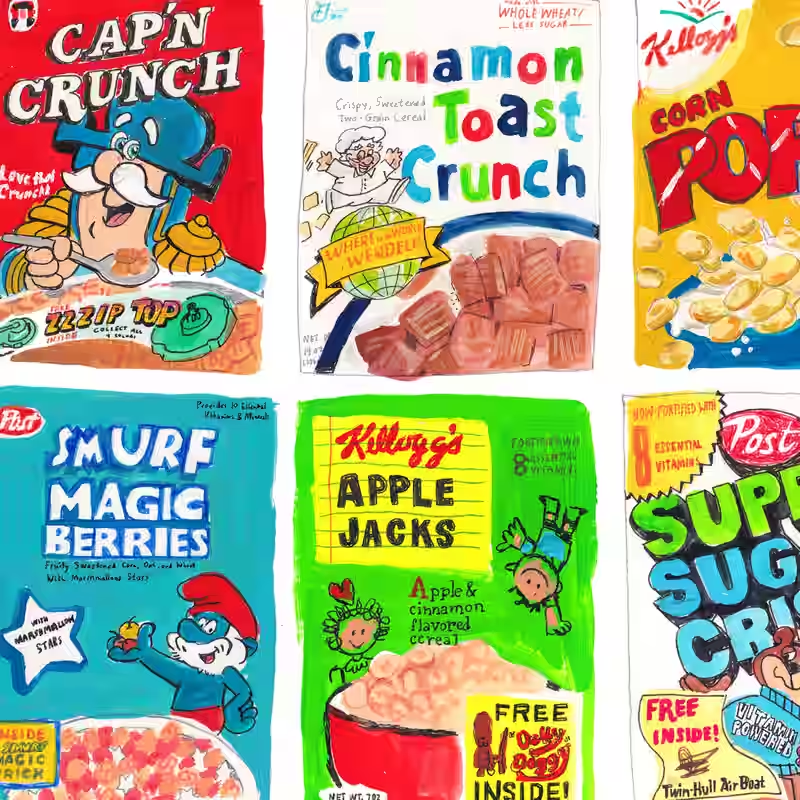The Hidden Shame of Not Speaking Spanish: A Comic Book Exhibit That Stirred My Soul
Walking into the new exhibit “¡Viva el Cómic! Latinx Voices in Graphic Storytelling” at the Museum of Contemporary Art, I expected vibrant art, bold characters, and maybe a trip down memory lane with vintage issues of Blue Beetle or La Borinqueña. What I didn’t expect was to leave with a knot in my stomach—and a quiet, familiar ache: the guilt of not being bilingual.
As a second-generation American with Mexican roots, I grew up hearing Spanish at family gatherings, lullabies, and scoldings—but never truly speaking it myself. My parents, eager for me to “fit in,” prioritized English fluency. Now, standing before panels of comics written entirely in Spanish, illustrated with cultural nuance I could feel but not fully grasp, I felt like an outsider in my own heritage.
More Than Just Comics—A Mirror to Identity
The exhibit showcases over 70 works from Latinx creators across the U.S. and Latin America, from underground zines of the 1970s to today’s award-winning graphic novels. Many blend English and Spanish seamlessly—code-switching not as a flaw, but as a rhythm of life. One comic, “Abuela’s Kitchen,” uses Spanish dialogue for intimate family moments, while English narrates the protagonist’s inner conflict about assimilation.
“These stories aren’t just translated—they’re lived,” said curator Marisol Vega during the opening night. “Language isn’t decoration here. It’s memory, resistance, and belonging.”
The Emotional Weight of Lost Language
I’m not alone in this feeling. A 2024 Pew Research study found that nearly 60% of U.S.-born Latinos report understanding Spanish “fairly well” or “very well”—but only 37% speak it confidently. For many, that gap breeds a quiet shame: the sense of having failed ancestors, of being “not enough” culturally.
“It’s not just about words,” said Dr. Elena Rojas, a sociolinguist at UCLA. “When you lose your heritage language, you lose access to jokes, proverbs, prayers—the emotional texture of your family’s world.”
Breaking the Cycle: A New Generation Reclaims Language
Yet the exhibit also offers hope. Young creators are using comics to teach Spanish, celebrate Spanglish, and normalize bilingual identity. Titles like “Dos Lenguas, Un Corazón” and “Spanglish Superhero” aren’t just entertainment—they’re acts of reclamation.
One interactive station even invites visitors to write their own mini-comic using bilingual prompts. I tried it. My Spanish was clumsy, my verbs conjugated wrong—but for the first time, I didn’t hide it. I wrote: “Aprendo. Todavía.” (“I’m learning. Still.”)
Why This Matters Beyond the Page
This isn’t just a personal story—it’s a national one. As the U.S. Latino population surpasses 70 million, the pressure to “choose” between cultures is fading. Instead, a new narrative is emerging: one where identity isn’t measured by fluency, but by connection.
Leaving the exhibit, I called my abuela. I stumbled through a sentence in Spanish. She laughed—not at me, but with joy. “Mija,” she said, “you’re trying. That’s what matters.”


